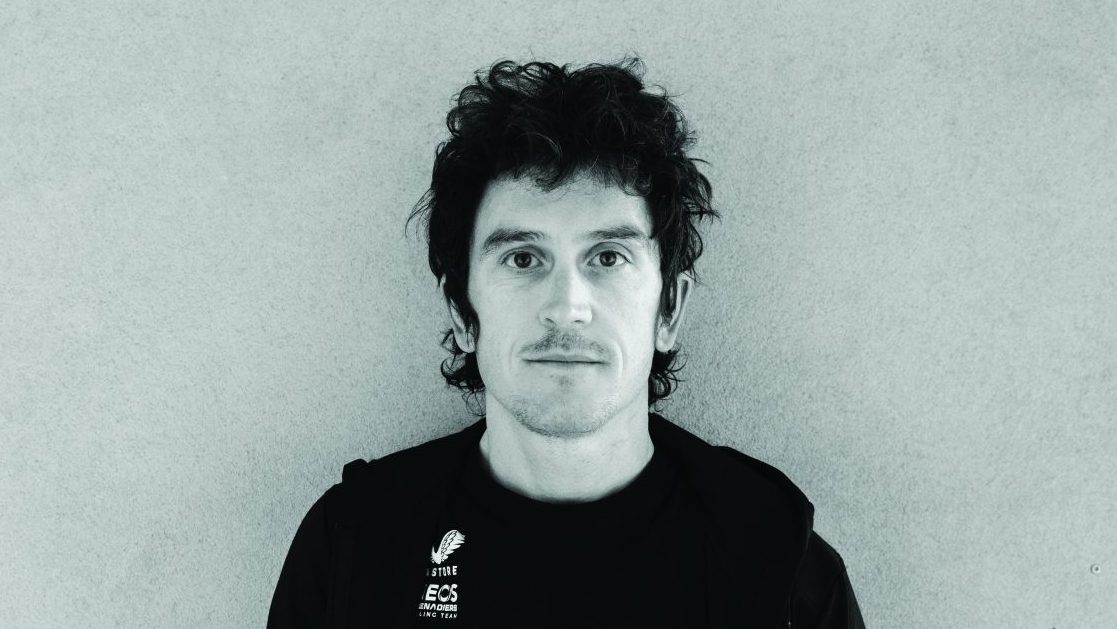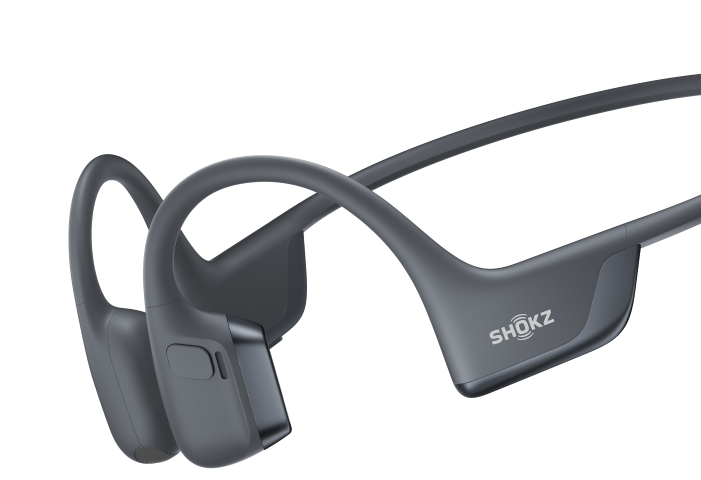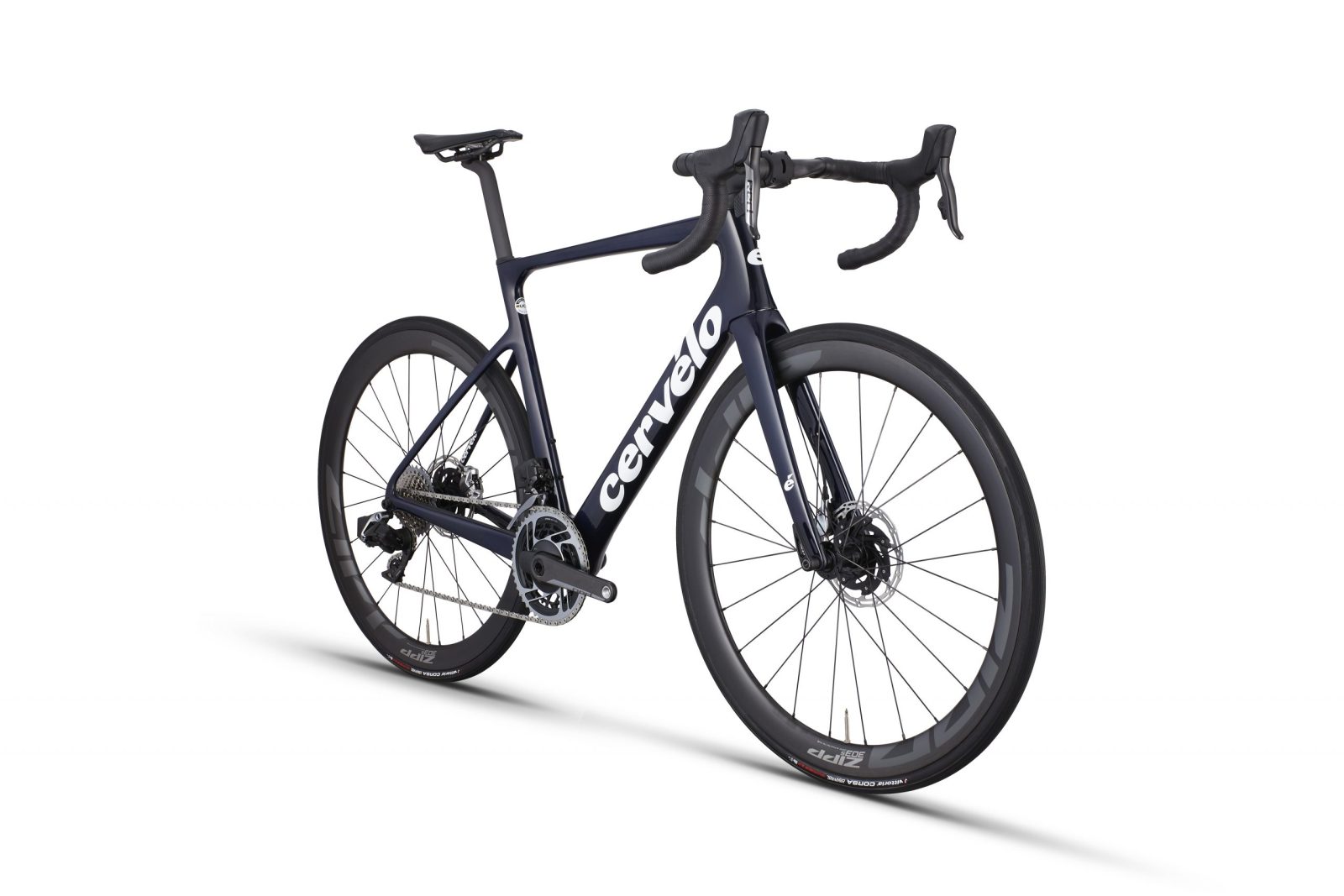One of the peloton’s most respected sports directors on new horizons, salary caps and the unfair relegation system.
Cyclist: Mystery surrounds your shock recent dismissal from Jayco-AlUla. Team manager Gerry Ryan simply said, ‘If you keep doing the same thing, you get the same result.’ What happened?
Matt White: I’m not interested in talking about it; I’ve moved on. I was there for 14 years, it was a big part
of my life and now it’s time for new challenges. But I’m proud of my work. We went straight into the WorldTour in 2012 and enjoyed a whirlwind of success. Overall we racked up around 300 victories, including four of the five Monuments, plus we wore the yellow jersey and finished fourth at the Tour on two occasions, twice hit the podium at the Giro and won the Vuelta.
Cyc: Simon Yates won that Vuelta title in 2018 and finished third at the Giro in 2021 under the team’s BikeExchange guise. You must be proud of his recent Giro victory for Visma-Lease a Bike.
MW: Hugely. We plucked Simon and [twin brother] Adam out of the under- 23s and they were the backbone of the team for many years, delivering some great wins for us.
Cyc: Was it unusual to see Simon so emotional at the finish?
MW: Yeah, they’re both typical English northerners. Where I’ve got respect for these guys is that they want to be the best they can be; they don’t care about the trappings that come with being a world-class athlete. They hate social media. The most painful thing that you could request of either Yates is to talk to a journalist.
Cyc: There were photos of you taken in a wind tunnel in the UK – does that have something to do with your role as Elite Road Sports Director for Australia’s women’s road team?
MW: Yep, I was at the wind-tunnel as coordinator for the Australian women’s team. Vorteq [an aero science company] was working on positional stuff with Brodie Chapman. With Grace Brown retired, Brodie’s now our premier time-triallist. She’s a regular top-10 finisher but had never been in the wind-tunnel before, meaning we made some handy improvements without too much effort.
It’s been great to work with the female riders and I feel there are some big gains to be made in the Women’s WorldTour, including investing in women-specific research [most sport-science studies coming out of universities focus on men]. The teams who make the effort and invest most heavily will enjoy massive wins.
Cyc: Talking money, how have the mega-budgets of some teams affected competition in the peloton?
MW: Simply put, if you can attract powerful sponsors, you’ve got a clear advantage. When I started, it was mainly furniture companies investing in the sport. Now you have entire countries. Team Sky arguably started the trend; their mooted budget was around £30 million (approx. $60m), the highest in the peloton. Now you have teams like UAE Team Emirates XRG allegedly working with an annual budget of more than double that, and every team probably has a budget over £20 million ($40m). But it’s hard to compete with the four or five super-teams who can sweep up the best riders.
Read the full interview in issue #76 of Cyclist Aus/NZ



